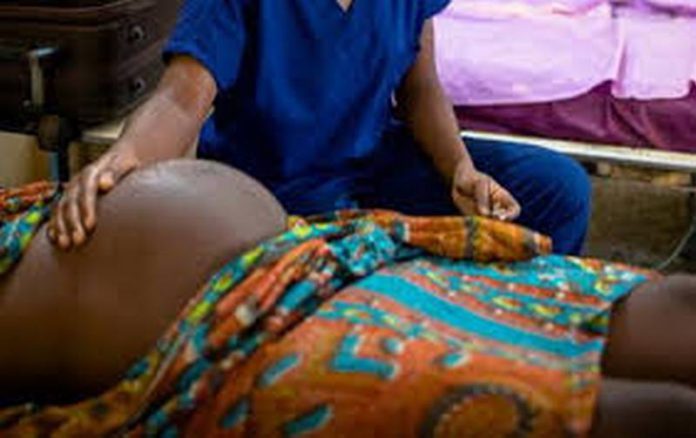The outbreak of the coronavirus pandemic, otherwise known as the COVID-19, has brought about fear, anxiety, stress and uncertainty.
For pregnant women within these abnormal times, it could be a different ball game altogether as the aforementioned conditions could be doubled.
Instead of this period being one full of excitement and great anticipation, these expectant mothers tend to get worried because they feel the disease might cause harm to both themselves and their unborn child.
However, there a few things expectant mothers should know to protect themselves and their little ones.
- Prenatal/ Antenatal clinics Inasmuch as going to the health centre for prenatal visits is quite important to check the growth and progress of the pregnancy, it is advisable for women to rather reduce the rate at which they visit the clinics.
Instead of going to the hospital regularly, they should rather see the doctor or midwife when it is really important or when both the child and mother could be at risk. That way, pregnant women getting infected might be reduced.
2. Community birth: It is also advisable for mothers to find out what options are available to them from their healthcare professional and in their communities. In Ghana, it is advisable to visit a community clinic instead of going to the bigger facilities like Korle-Bu when the need be. Most of these people also know their way around pregnant women as well, since they oftentimes serve as Traditional Birth Attendants(TBA’s).
3. Mother-to-baby transmission myth: As it stands now, the World Health Organisation and other stakeholders have not come out to clearly define the parameters if a mother who is infected with the virus can pass it on to the unborn baby. Franka Cadée, President of the International Confederation of Midwives said, “the COVID-19 virus has not been found in vaginal fluid, in cord blood, amniotic fluid, the placenta or breast milk.”
4. Dealing with anxiety: It is pertinent for pregnant women to do simple things at home to relax, like stretching exercises, breathing exercises, and eating, and drink well.
5. High-risk infections in late trimester
As far as the research shows, pregnant women are not at a higher risk of contracting the COVID-19 virus than any other group of people. That being said, due to changes in their bodies and immune systems, pregnant women in the last months of pregnancy can be badly affected by some respiratory infections, and so it’s important to take precautions.
6. Delivery Options: In these times a lot of people would not like to go to the hospital all in the bid to avoid getting infected. Women are however, encouraged to ask their midwife [or health care professional] what they feel is the safest place for them and how precautions are being taken from situation to situation. Homebirth can be okay for some while it may not be the safest bet for others. According to Franka Cadee, it important to speak to the healthcare professional who has supported you throughout your pregnancy and birth.
7. Presence of Family during birth: Having someone present during childbirth goes a long way to support pregnant women. If proper precautionary measures are taken, such as wearing a mask and washing and sanitising hands, then it is fine. It is also advisable for babies to be kept with their mothers once they are born.
8. Protecting the newborn: The best thing you can do is to keep it simple: stick to just your family and don’t ask for visitors right now. Also make sure that your children (if you have other children) do not play with other children. Get your family to wash their hands and take good care of themselves.

